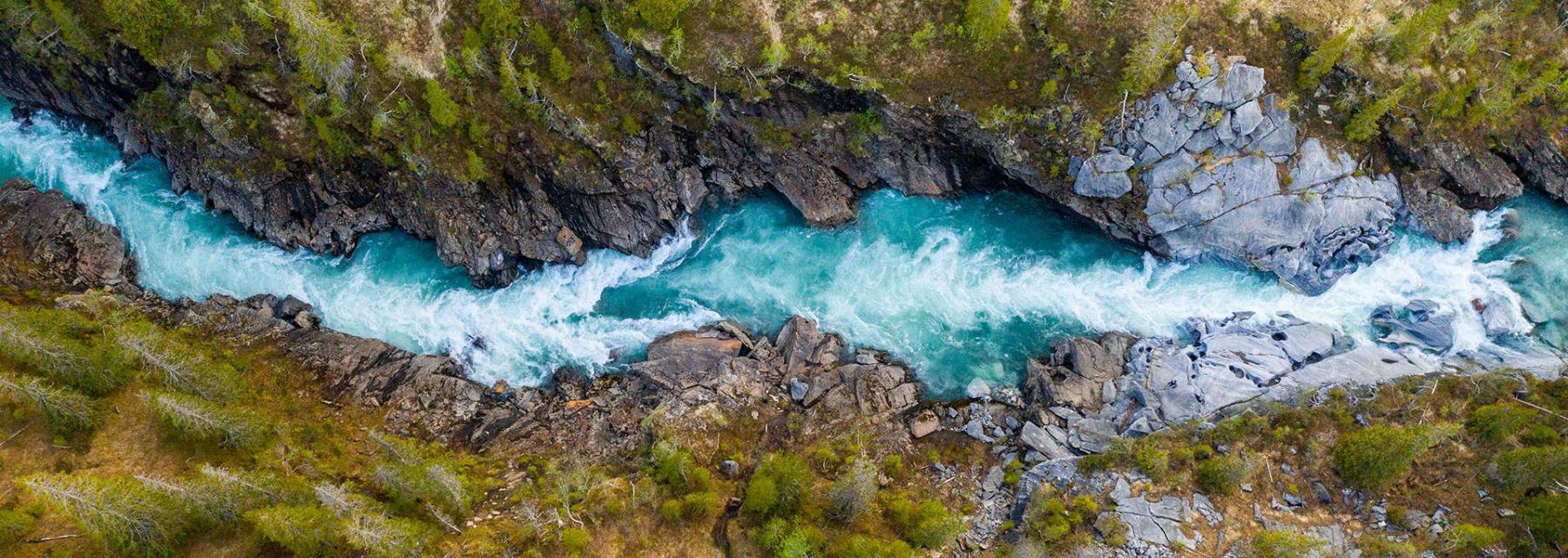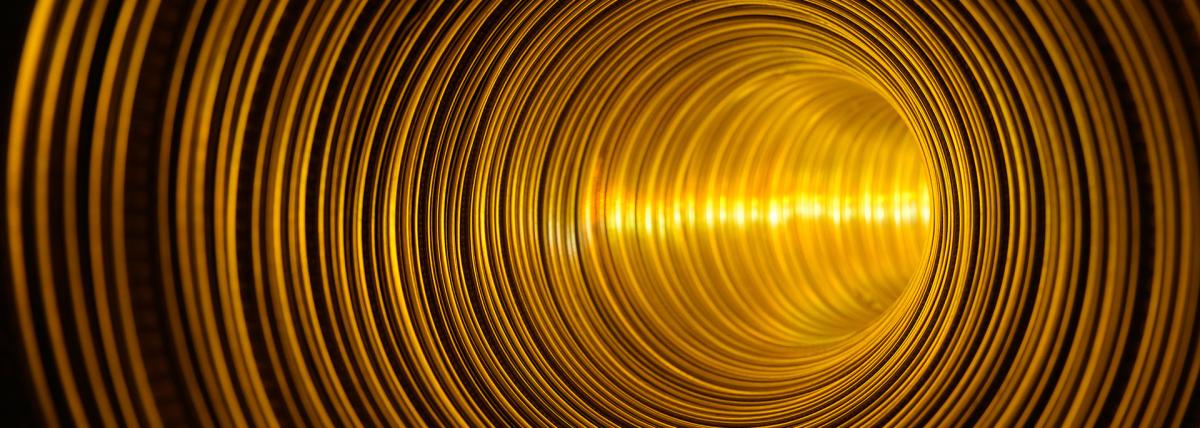
Chemical Water Quality Field Research Project
Built as a month long, end of year project, students get to discover the water quality of several geographically different natural water sources by completing field research and data collection. As a student centered project, students will research how to use different water quality testing probes, then conduct online and book research to better understand what water quality is and how it is affected by various contaminants, chemicals and the environment. Using their research and field data, students share their results with each other and write a cumulative water quality report in which they compare and rank the natural water sources they test to each other for safety and environmental impact.
Lesson Plan Link/URL
https://docs.google.com/presentation/d/1kO2haGR__mlh80DBqD1ich6oqkYj48tx/edit?u…Subject Area
Science Physical Science P1: Matter Engineering S4: Apply Science to Engineering Mathematics Measurement and Data (MD) Ratio and Proportion (RP) Expressions and Equations (EE) Statistics and Probability (SP) Algebra (A)Related Content

The purpose of this lesson is to introduce and apply the concept of frequency. Students will begin by a motivating “click the mouse” challenge. This will help them to develop the concept of frequency

